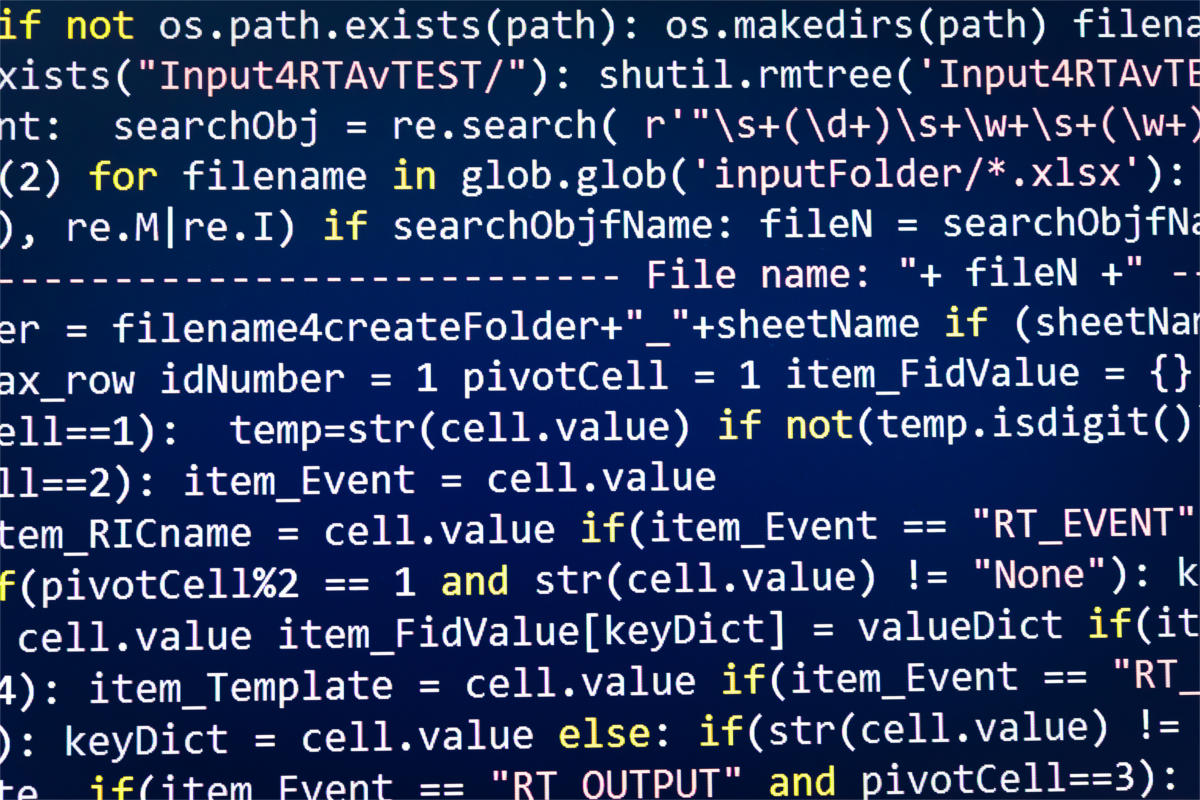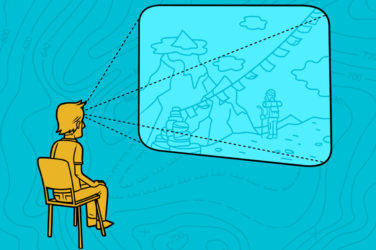The posts on Facebook. The news stories online. The movies on Netflix. The bands on Spotify. You might still be under the illusion that you’re in control of the content you’re consuming, but in reality everything is driven by predictive algorithms. The computers have already taken over.
There’s nothing wrong with predictive algorithms. They’re the programs that guide the technology you use every day, created to help make life more enjoyable. They work by taking the choices you make online, learning from them, and then suggesting things in the future based on that info.
It’s all good in theory, and there’s something magical about having a machine recommend a book, album or TV show, and have it feel like it was handpicked by your best friend. But there’s a dark side to allowing computers curate everything.
there’s a dark side to allowing computers curate everything
The success of these algorithms is based on whether you continue clicking on their next suggestion, so it pays to keep feeding you stuff that’s similar to what you’ve liked in the past. Nothing different, original or surprising, which are the building blocks to opening your mind and learning.
Research has proven that living life with an open mind improves our sense of wellbeing. So how can you fight back and stop algorithms from narrowing your thinking and becoming a slave to the choices you’ve made in the past? The good news is there’s an easy way to break free – go travelling.
Travelling forces you to break any patterns, because when you visit somewhere new, you can’t help but try new food, meet new people, and try new things. Long term, you still might not beat the machines, but it’s a fun way of trying.




